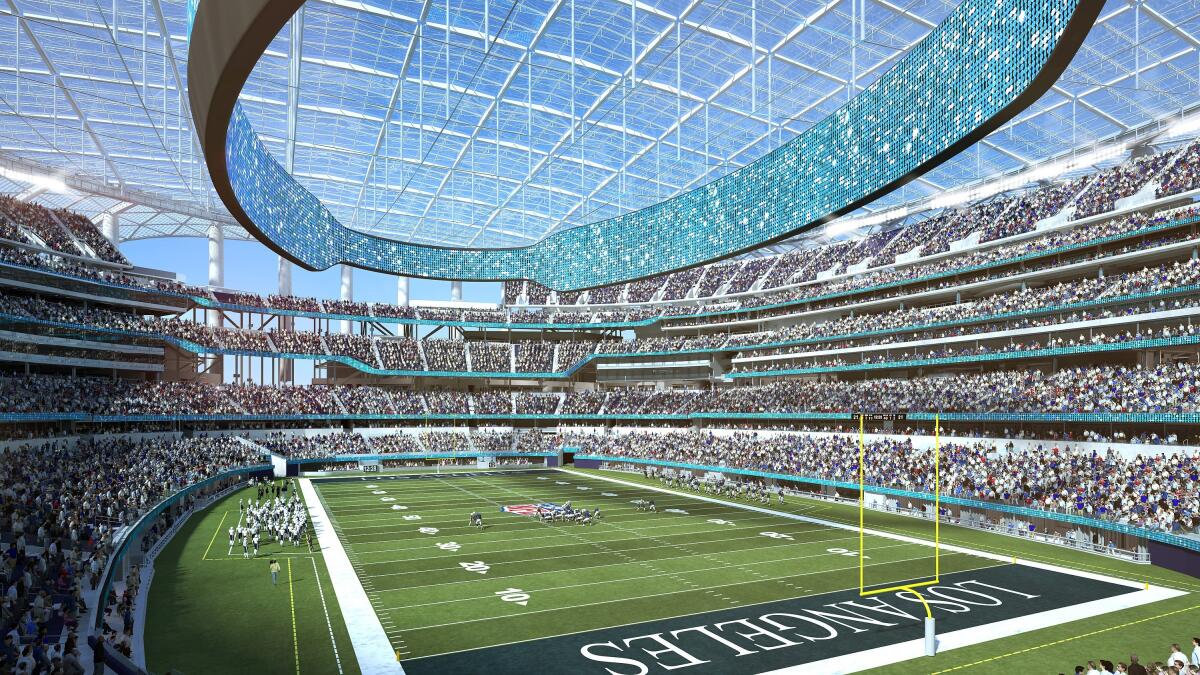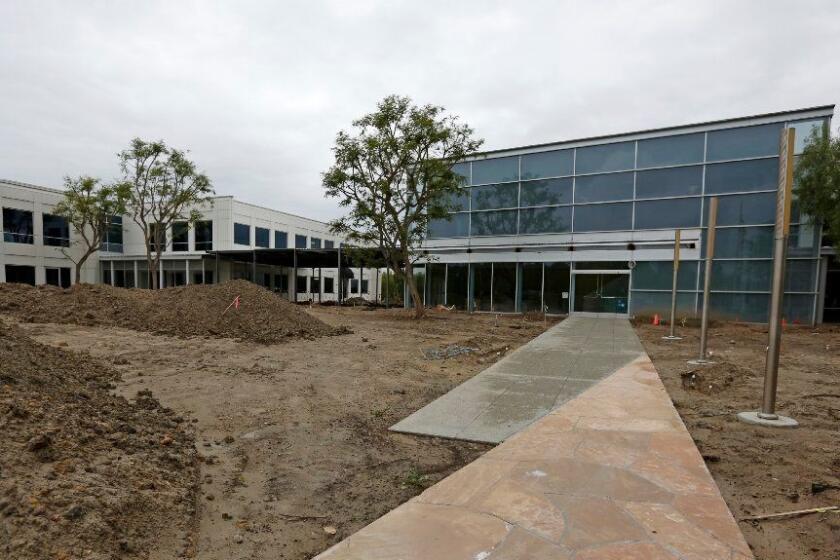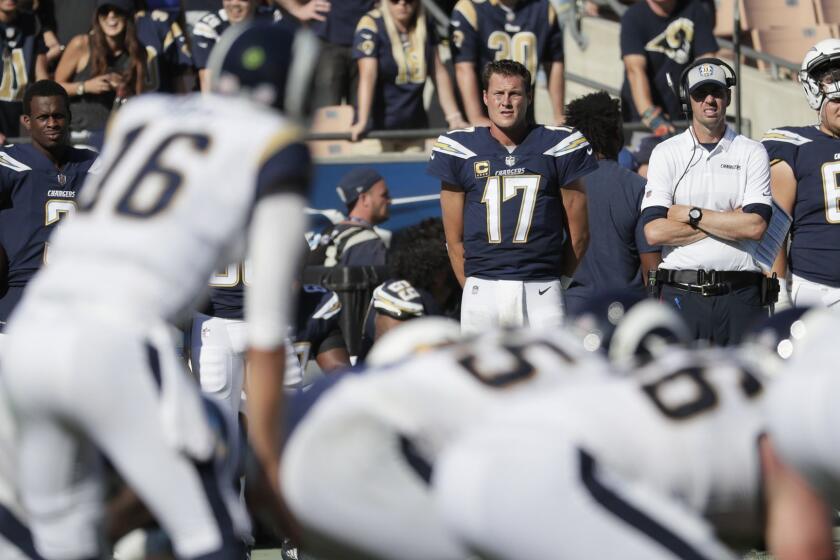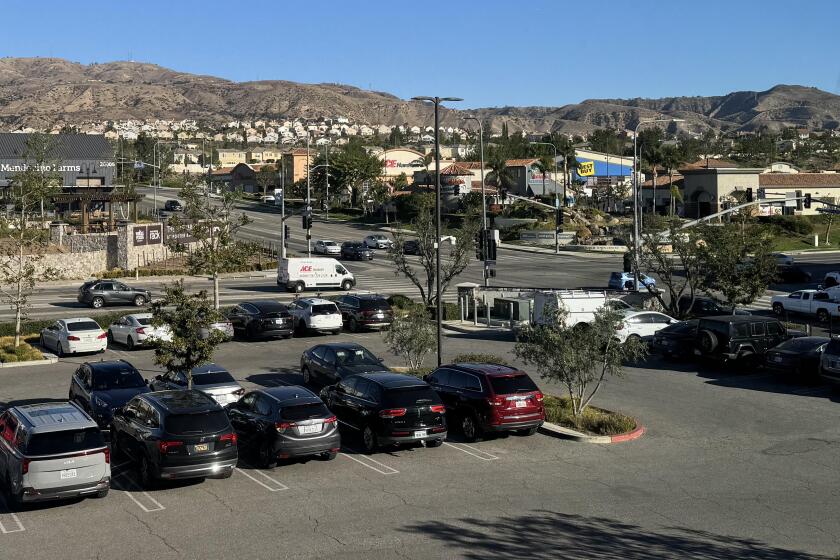News Analysis: NFL owners unanimously approve more financing for Rams, a landlord with big bills

- Share via
Risk is a four-letter word, and Rams owner Stan Kroenke sure took on a lot of it when he moved his franchise from St. Louis to Los Angeles four years ago and set about building the most expensive football stadium in history.
As part of the deal to return to the nation’s second-largest market, Kroenke agreed to give the Chargers a sweetheart deal as a tenant, with the understanding that he would shoulder the overwhelming majority of the stadium costs.
In the interim, the price tag of SoFi Stadium has soared to $5 billion, double the original projections, and the Chargers have fallen roughly $300 million short of their projected $400 million in seat-licensed sales, money earmarked for construction costs. They have pointed to the COVID-19 pandemic as one of the reasons for that shortfall. While that certainly couldn’t have helped, this problem was years in the making.
So it was significant Tuesday when NFL owners voted unanimously to provide Kroenke an additional $500 million in financing, along with an extended period to pay it back. It was an acknowledgement of the risk he took in moving to L.A., and privately financing a stadium that figures to be the West Coast hub for the league.
That request was in the pipeline before the current national financial crisis, so it’s not a direct response to these difficult times. But the stakes are unquestionably higher now for a stadium that already has been delayed a year, and might not have any fans pass through its doors this season.
Here’s the original deal Kroenke and the NFL hammered out: The Chargers pay $1 annually in rent, and bring with them 10 games per season, a $200-million league loan, and whatever they can raise in seat-license sales. In exchange, the Chargers get a shiny new home, and a share in a portion of stadium sponsorships and annual suite payments.
The NFL is allowing teams to open their facilities on a limited basis Tuesday, but the Rams and Chargers will remain closed, team officials said Monday.
Kroenke is responsible for construction costs, and pitches in an identical league loan, as well as Rams seat-license sales. Besides the stadium money on a Chargers game day — and the aforementioned share of sponsorships and suites — Kroenke receives all other revenue generated by the 298-acre Inglewood site throughout the year.
It’s as if the Rams are on a bicycle built for two, and at the base of a huge and steeper-than-expected hill. Now, they have to do almost all the pedaling.
What will be fascinating to watch is how these heightened hurdles of the moment affect the relationship between the Rams and Chargers, who aren’t just housemates but the product of the most exorbitant and risky shotgun wedding in sports history.
The Chargers rolled out their season-ticket plan for the Inglewood stadium this week, positioning themselves as the market’s family-friendly option, with ultra-affordable prices for the $3-billion palace that opens in 2020.
More to Read
Go beyond the scoreboard
Get the latest on L.A.'s teams in the daily Sports Report newsletter.
You may occasionally receive promotional content from the Los Angeles Times.













